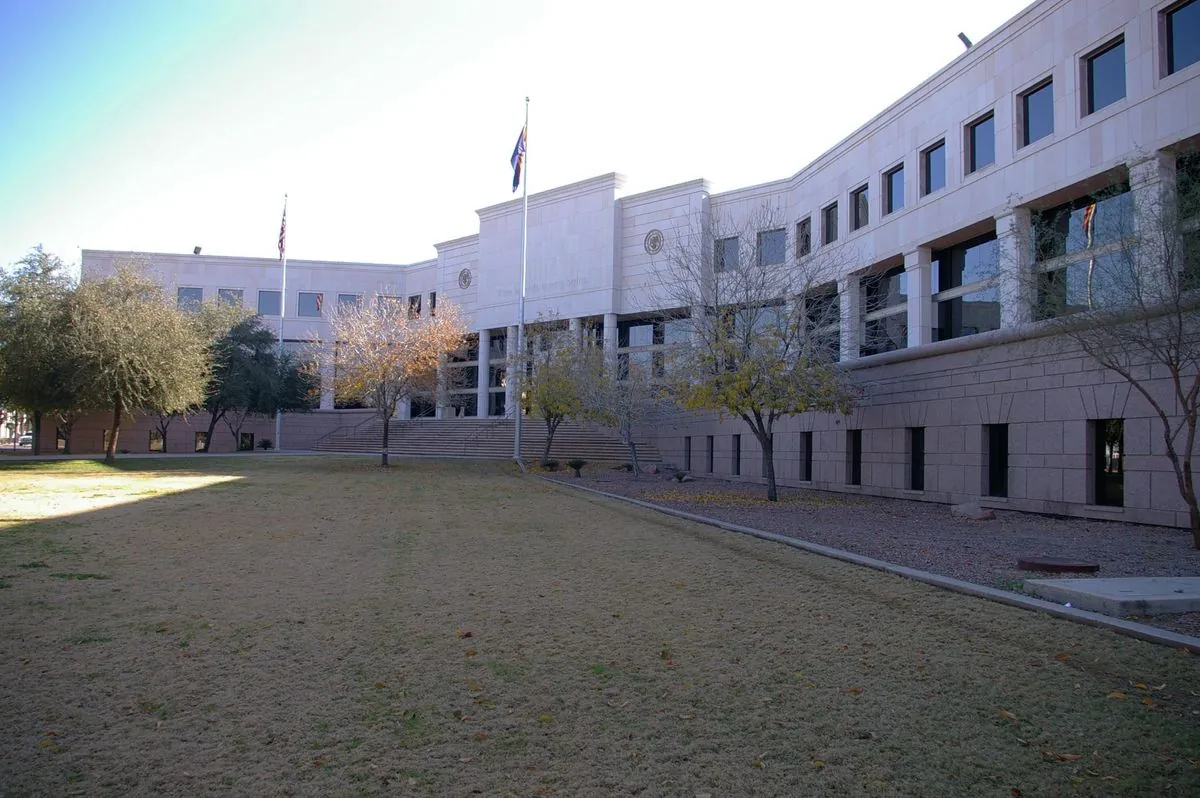In a significant development affecting Arizona's electoral landscape, a key election official in Maricopa County is preparing to approach the state's highest court regarding the voting eligibility of nearly 98,000 long-term residents. The issue at hand stems from a lack of documented proof of citizenship for these individuals in state records.
Stephen Richer, the Republican Maricopa County Recorder, plans to file a lawsuit as early as September 18, 2024, seeking to restrict these voters from participating in state and local elections this fall. This move comes just 30 days before the scheduled start of early voting on October 9, 2024.
The root of this controversy lies in Arizona's unique voting requirements. While most states only require voters to affirm their citizenship when registering, Arizona has mandated additional documentation for state and local elections since 2004. This dual system emerged following a 2013 U.S. Supreme Court ruling that prohibited such requirements for federal elections.
The current situation arose from a system flaw dating back two decades, affecting a specific subset of voters. These individuals, who obtained their initial driver's licenses before 1996 and later received replacements, were incorrectly marked in state systems as having provided citizenship documentation.
Adrian Fontes, the Democratic Secretary of State, emphasizes that the majority of these 98,000 voters are likely eligible citizens. Interestingly, more are registered as Republicans than Democrats. Fontes advocates for allowing these voters to receive full ballots, including both federal and state races.
"I have always told the truth, and we uncovered what is a design system flaw. That means that this pool of people who we thought had documented proof of citizenship on file with the motor vehicle division does not necessarily have documented proof of citizenship on file. So, therefore, we did what we thought was the only morally responsible thing, and we disclosed that."
This issue has broader implications beyond the immediate electoral concerns. It intersects with ongoing debates about voter registration requirements and election integrity, topics of particular significance in Arizona. The state, known as one of the "Four Corners" states along with Utah, Colorado, and New Mexico, has been at the forefront of discussions on border security and immigration.
It's crucial to note that affected voters can still provide the necessary documentation before Election Day to receive a full ballot. However, the tight timeline presents challenges, with military and overseas ballots scheduled for mailing on September 19, 2024.
This situation unfolds against the backdrop of Arizona's rich history and diverse landscape. As the 48th state to join the Union in 1912, Arizona has played a significant role in American politics and culture. Home to the Grand Canyon and known for its "5 C's" (Copper, Cattle, Cotton, Citrus, and Climate), the state's unique characteristics extend to its approach to voting regulations.
As this legal challenge progresses, it will be closely watched for its potential impact on upcoming elections and its broader implications for voter registration practices across the nation.
